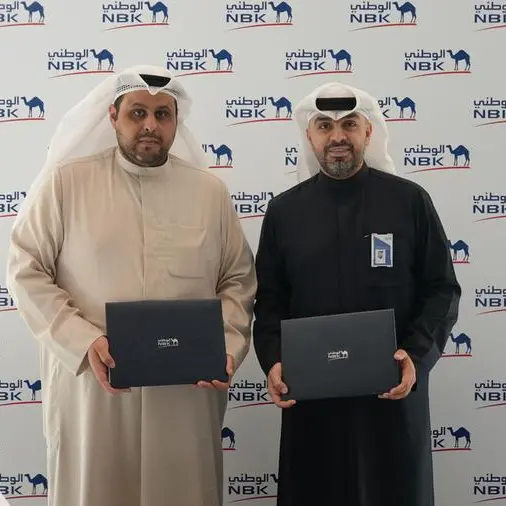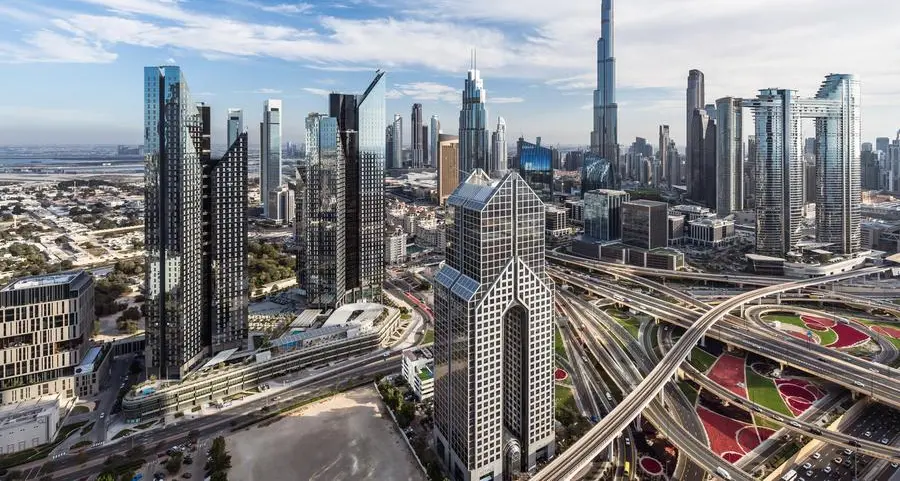Global leaders, in a sideline event on health during the United Nations General Assembly, voiced the urgent need to scale up Covid-19 vaccine production and access in the wake of a pandemic that has caused unprecedented economic loss and bankrupted health care systems in Africa.
The Future Investment Initiative Institute hosted the virtual event on Tuesday, as part of a series of panel sessions around the themes of vaccines, resilience and global health.
Their voices were amplified by African Development Bank president Akinwumi A. Adesina, World Trade Organization director-general Ngozi Okonjo-Iweala, and Global Infrastructure Partners vice chairman and partner Jim Yong Kim. All three took part in a panel that looked at balancing the scales of global health and the consequences of the novel coronavirus.
The 76th General Assembly of the UN takes place this year against the Covid-19 pandemic, which has hit African economies badly, despite the overall lower death toll on the continent. GDP contracted by 2.1 percent in 2020, falling by 6.1 percentage points from the pre-Covid forecasts. In addition, only a handful of countries have met their commitment to devote at least 15 % of their national budget lines to improving and maintaining adequate healthcare systems.
To shockproof the continent from future pandemics and other health crises, Adesina emphasized the need to build Africa’s manufacturing and healthcare capacity. “Africa cannot outsource its health to the rest of the world. We’ve got to build Africa’s indigenous manufacturing capacity.…we need to secure ourselves,” Adesina said addressing what he said was one of the biggest lessons from the pandemic – the need for Africa to rely on itself.
Asked in turn by CNN anchor Richard Quest, who moderated the session, what they as world leaders were doing to close the dangerous health gap, Okonjo-Iweala said her top two priorities were to get countries who have an excess of vaccines to donate them to COVAX – the initiative led by the Coalition for Epidemic Preparedness Innovations, the Vaccine Alliance Gavi and the World Health Organization. The second, she said, was to “get richer countries to swap places with poorer countries on the waiting list for vaccines.”
In the long term, Okonjo-Iweala said, it was about building Africa’s capacity to manufacture. “We need to decentralize manufacturing,” she stressed.
On the same issue, Jim Yong Kim decried the lack of leadership in the present global health crisis.
“Where is the coalition that will say this is an unprecedented challenge?.…What we now need is leadership…We had a similar problem treating people with HIV…we can solve them for the vaccine shortage,” Kim said.
Adesina said the African Development Bank would contribute $3 billion to the development of Africa’s pharmaceutical industry over the next 10 years.
“What is needed in the long term is building Africa’s pharmaceutical capacity,” the African Development Bank head stressed.
Standing in the way of that capacity are the various restrictions and trade barriers, intellectual property rights and lack of raw materials, which are making it even harder for African countries to get into the game.
“We are taking action…supply chains for vaccines are very complicated…making sure supply chains flow… We need to lift restrictions so that manufacturers can get what they need,” Okonjo-Iweala said. “Vaccine nationalism doesn’t pay… We’ve got to let technology be transferred. We can’t be selfish in this pandemic. Lives are at stake.”
Another theme running through the day’s sessions was the business case for investing in vaccine creation facilities and the benefits to financiers’ bottom line. “You’ve got to have the conversation...it’s in your interest that Africa gets vaccines,” Kim emphasized.
In the opening panel, Carlyle Group co-founder and co-chairman David M Rubenstein and BNY Mellon CEO Thomas Gibbons acknowledged that profits did not remove the moral imperative to address the inequality between developed and developing nations. “Vaccines are the most important tool – we have to make vaccine access for all,” Gibbons said.
Internationally acclaimed conservationist and scientist Jane Goodall spoke of the need to create a better world for all in her session entitled “Health in the Anthropocene.”
“We’ve got to ramp up recycling move towards a circular economy…We must remember that each one of us matters…It’s millions of small ethical choices in how we live. We know what we need to do… We need to have the strength and will.”
Future Investment Initiative Institute CEO Richard Matthias announced that over 4,000 participants from 86 countries tuned in to the session.
Distributed by APO Group on behalf of African Development Bank Group (AfDB).Media contact:
Amba Mpoke-Bigg
Communication and External Relations Department
African Development Bank
Email: a.mpoke-bigg@afdb.org
© Press Release 2021
Disclaimer: The contents of this press release was provided from an external third party provider. This website is not responsible for, and does not control, such external content. This content is provided on an “as is” and “as available” basis and has not been edited in any way. Neither this website nor our affiliates guarantee the accuracy of or endorse the views or opinions expressed in this press release.
The press release is provided for informational purposes only. The content does not provide tax, legal or investment advice or opinion regarding the suitability, value or profitability of any particular security, portfolio or investment strategy. Neither this website nor our affiliates shall be liable for any errors or inaccuracies in the content, or for any actions taken by you in reliance thereon. You expressly agree that your use of the information within this article is at your sole risk.
To the fullest extent permitted by applicable law, this website, its parent company, its subsidiaries, its affiliates and the respective shareholders, directors, officers, employees, agents, advertisers, content providers and licensors will not be liable (jointly or severally) to you for any direct, indirect, consequential, special, incidental, punitive or exemplary damages, including without limitation, lost profits, lost savings and lost revenues, whether in negligence, tort, contract or any other theory of liability, even if the parties have been advised of the possibility or could have foreseen any such damages.



















